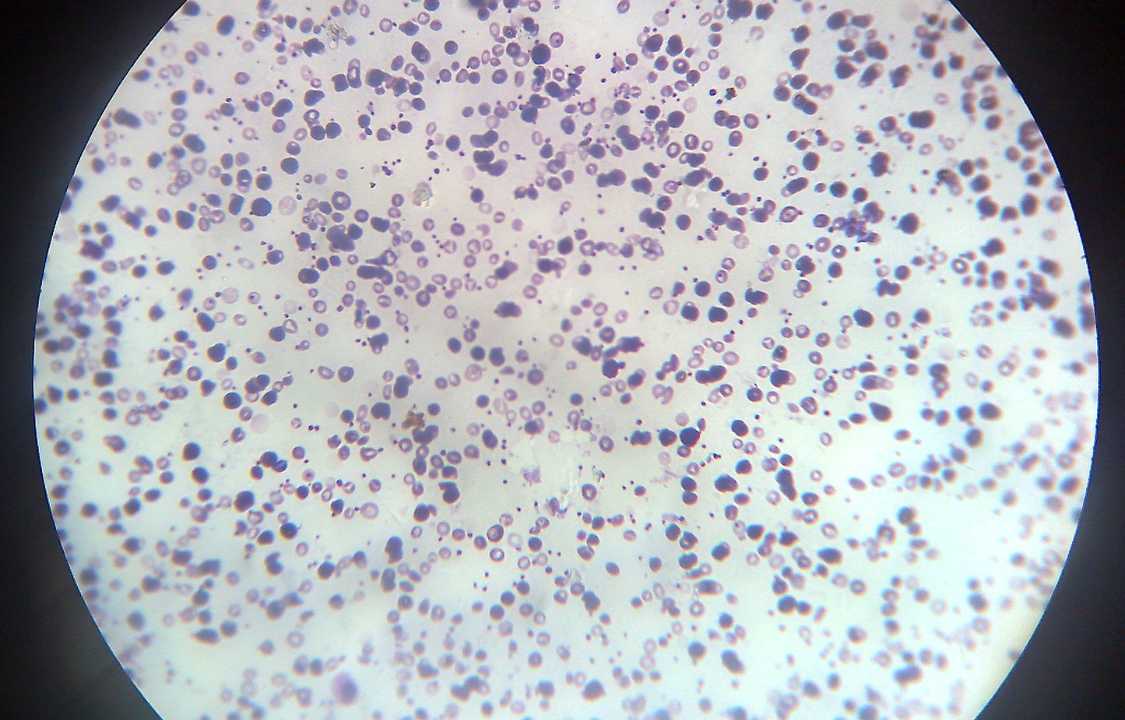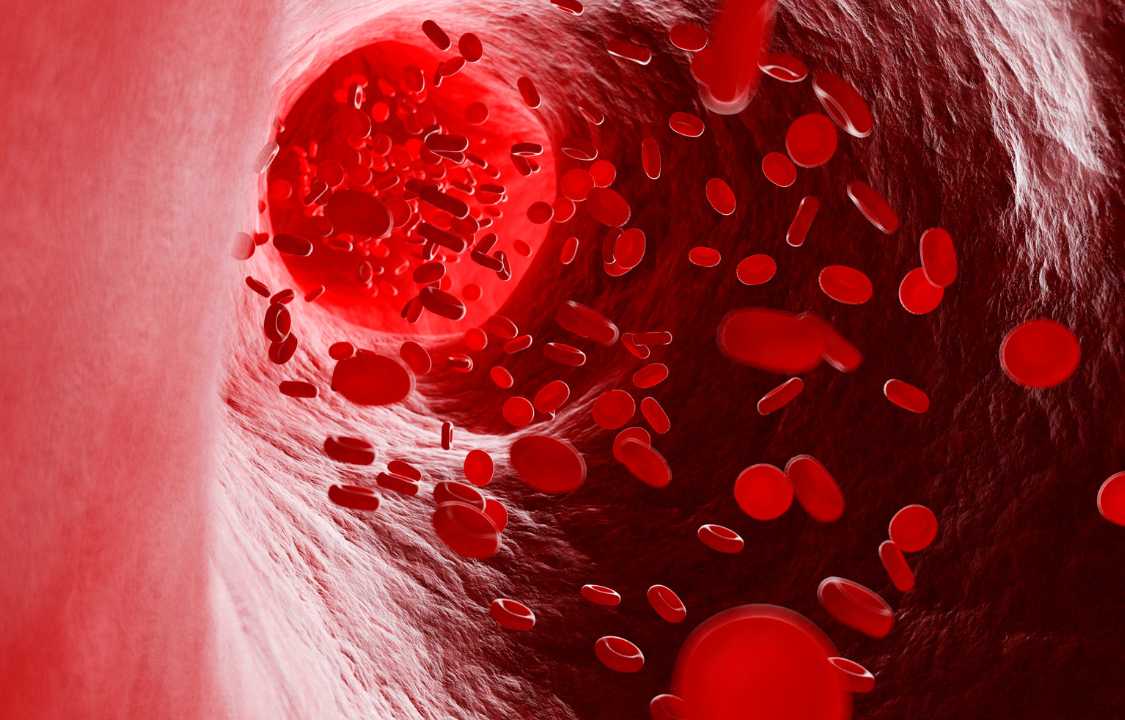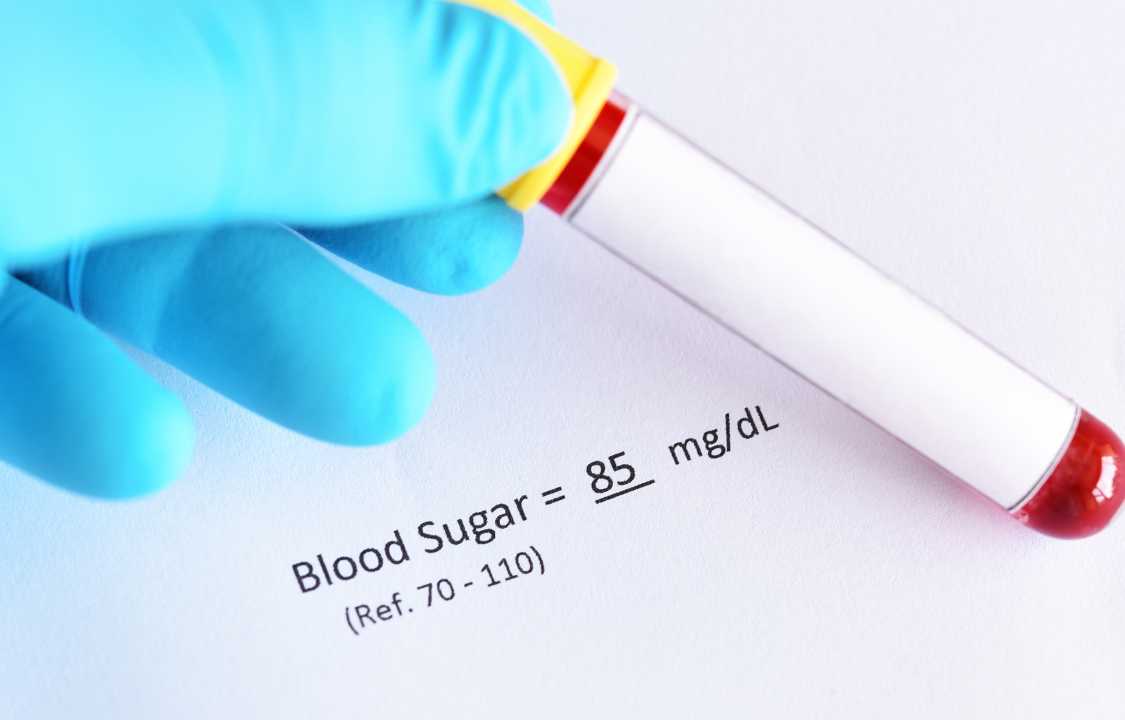Mean Corpuscular Hemoglobin Concentration (MCHC) is a measurement that assesses the amount of hemoglobin within a red blood cell relative to its volume. Hemoglobin is a protein present in red blood cells that carries oxygen throughout the body. An MCHC blood test is used to measure the hemoglobin levels and can provide valuable information about […]
Tag Archives: Blood
Iron deficiency anemia occurs when there is an inadequate amount of iron in the body to produce sufficient hemoglobin, the protein responsible for carrying oxygen in red blood cells. Insufficient iron levels can result in anemia, leading to symptoms such as headaches, pale skin, fatigue, and others. The causes of iron deficiency anemia can include […]
Anemia is a condition characterized by a reduced number of red blood cells or a low hemoglobin level in the blood, resulting in decreased oxygen-carrying capacity. This can lead to various symptoms and health complications. While anemia can affect people of all ages and backgrounds, certain factors increase the risk of developing the condition. There […]
It can be frightening to see blood in the toilet or when you wipe after you poop. Health’s medical editor weighs in on some possible causes. Fortuitously, the majority of instances involving rectal bleeding, medically termed as hematochezia, typically do not pose an immediate life-threatening risk, as cited in UpToDate. However, discerning the precise cause […]
Blood glucose, commonly known as blood sugar, constitutes the predominant form of sugar present in your bloodstream. This vital energy source derives from the carbohydrates present in the foods you consume. The pivotal role of glucose lies in providing primary energy to the cells, tissues, and organs throughout your body. Maintaining a blood sugar level […]
According to the Centers for Disease Control and Prevention, the average duration of menstruation is typically four to five days, occurring once every month. However, it is possible for some individuals to experience two menstrual periods within the span of a single month. It is important to recognize that your menstrual cycle can serve as […]
Higher blood levels of the molecule pro-calcitonin (PCT) are a marker of lung infection among ANCA-associated vasculitis (AAV) patients with lung disease, a new study reports. Combining PCT with other blood markers can further increase the accuracy of identifying infection, and may be useful for distinguishing between AAV-related lung involvement and lung infection in AAV […]






